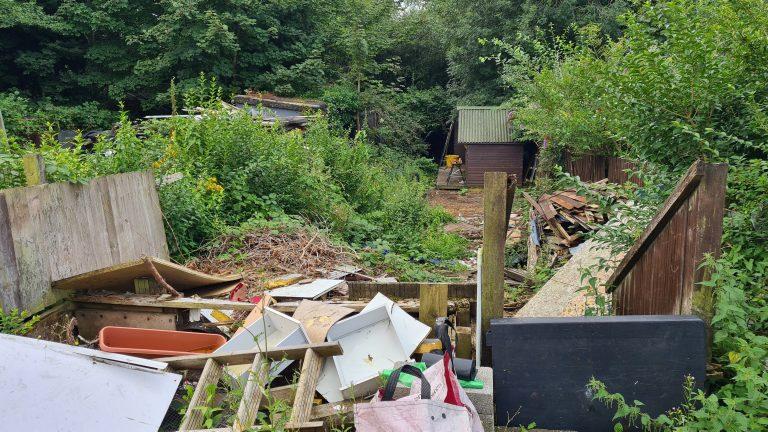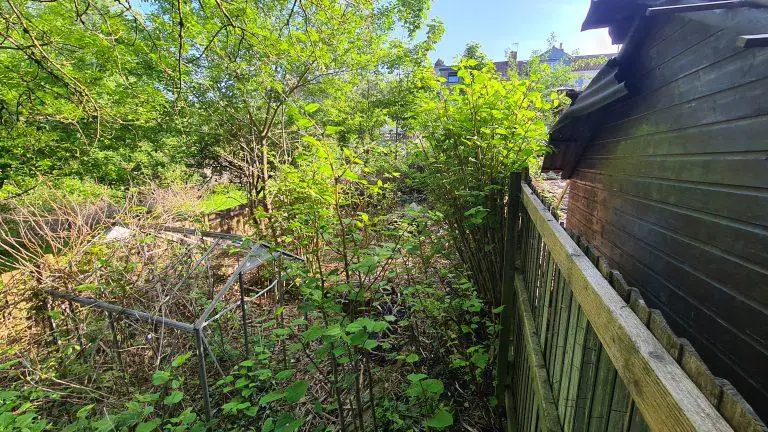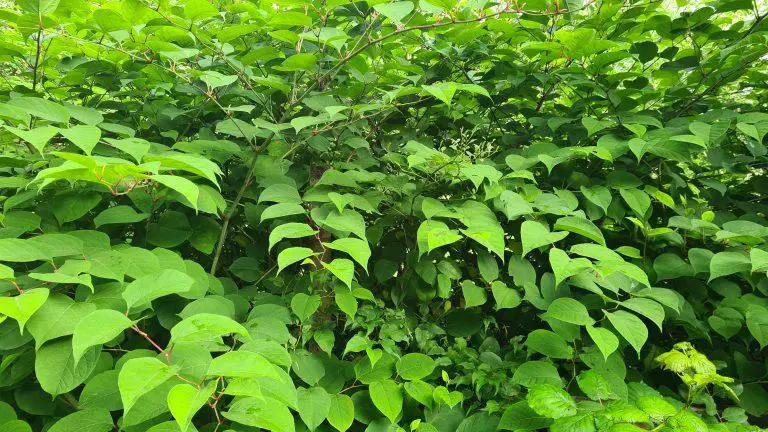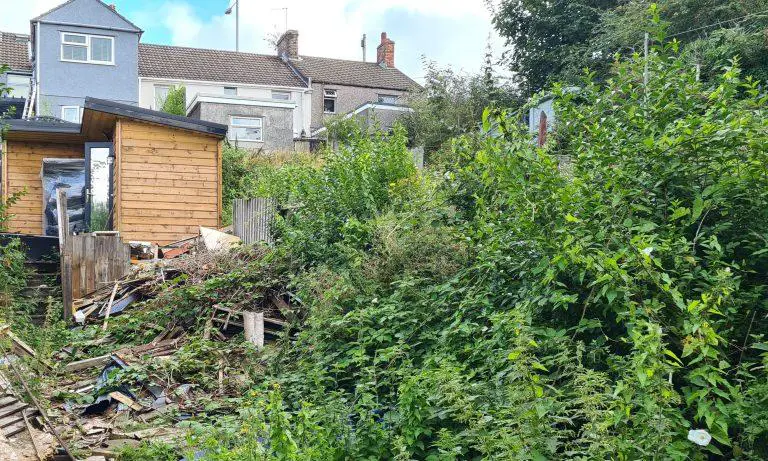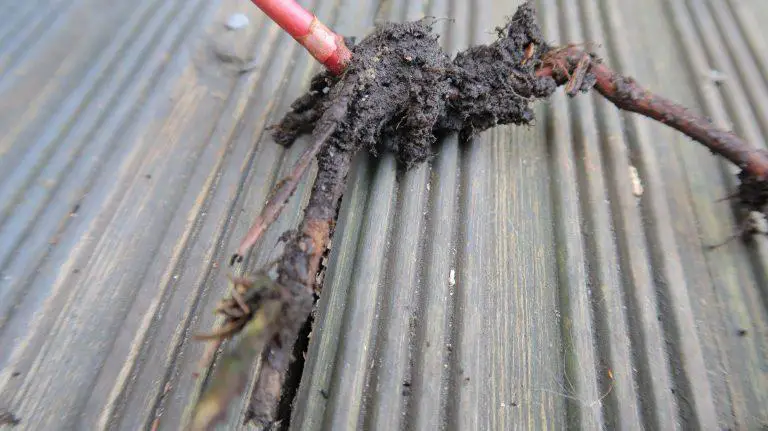If you’re looking to sell or buy a property affected by Japanese knotweed, you need to be aware of the legal implications.
Japanese knotweed is an invasive species that can cause serious damage to both property and people, so it’s important to know your rights and responsibilities before making any decisions.
Japanese knotweed origins
In Japan, knotweed is known as “itadori” and has been used for centuries as food and medicine. The plant was introduced to the UK in 1825, but it wasn’t until the 1950s that it began to spread rapidly across the country.
Japanese knotweed can now be found in all parts of the UK, and it can cause serious problems for homeowners, who may find it difficult to sell or buy a property that has been affected by this invasive plant.
Why is Japanese knotweed such a problem?
If you are looking to buy or sell a property that has been affected by knotweed, it’s important to be aware of your legal rights and responsibilities under UK law. For example, in the UK it is illegal to plant Japanese knotweed, and if you do so you could be fined up to £5000.
It’s also illegal to dispose of Japanese knotweed in a way that could cause it to spread, such as by dumping it in the wild or putting it in your compost bin.
If you’re selling a property that has been affected by Japanese knotweed, you need to disclose this to potential buyers and provide them with a copy of the property’s knotweed management plan.
If you’re buying a property that has been affected by Japanese knotweed, you should ask the seller for a copy of the management plan and make sure you’re happy with the steps they’ve taken to control the spread of the plant.
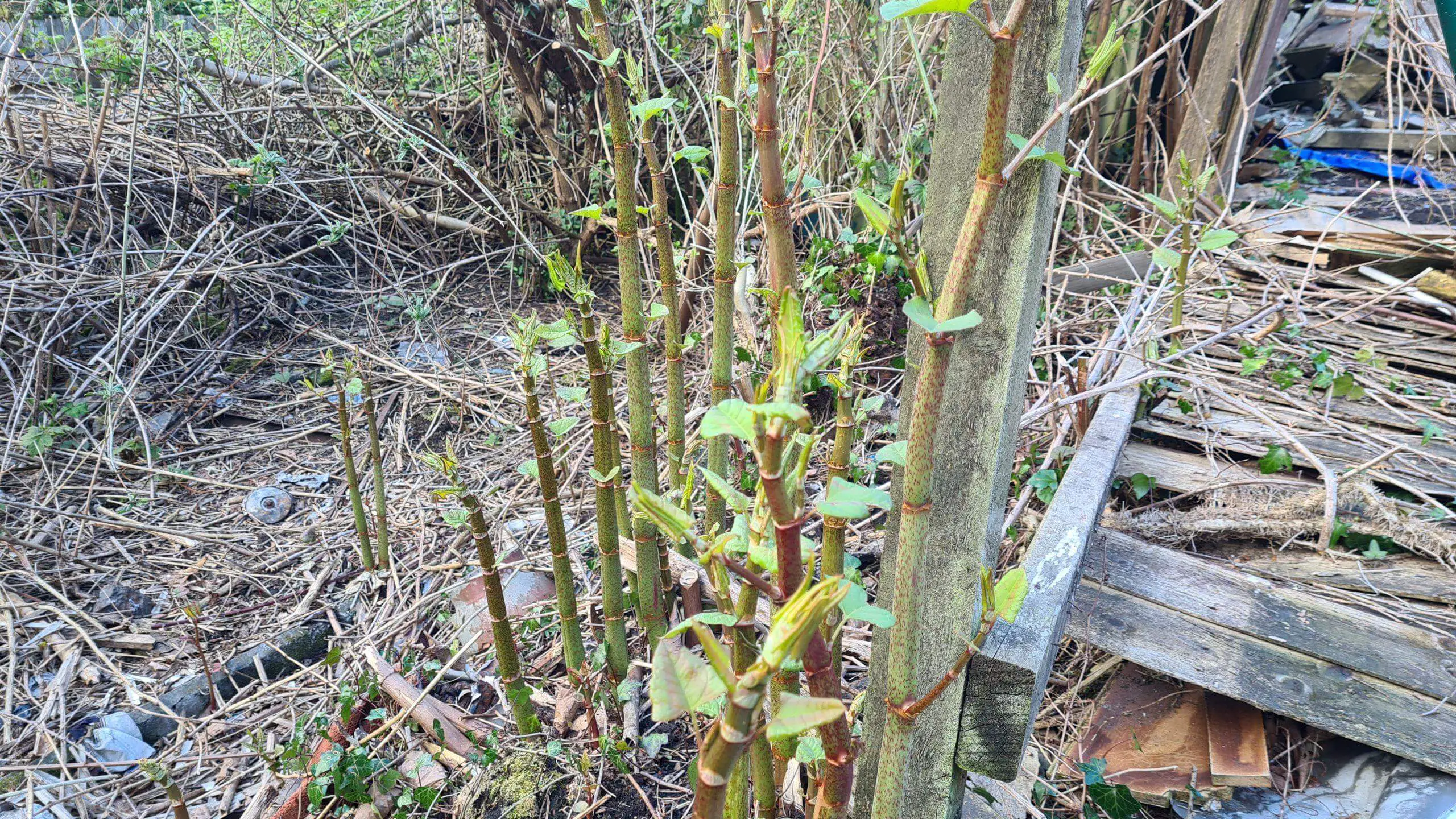
The main problems it causes
Knotweed is the UK’s most invasive plant, and public awareness has grown dramatically in recent years, but why is it such a source of concern among homeowners?
Destruction: Japanese knotweed can cause property damage if it is allowed to grow unchecked. While some reports are overstated (no, it can’t grow through concrete), it will take advantage of flaws like fractures in concrete or brick walls, and it can grow right through asphalt and into drains, resulting in pricey repairs. It will also move laterally, emerging on the side of a concrete structure erected on top of it.
Dominance: Japanese knotweed has been growing steadily across the UK since the 1850s, and is currently considered to be present in virtually every 10 square kilometres of the country. Approximately 4% to 5% of households are currently directly or indirectly affected (i.e. neighbouring property with knotweed).
Survival: It’s exceedingly difficult to kill a survivor. Covering to block sunlight, mowing, burning, or treating with over-the-counter weed killers are all ineffective and can even make problems worse. Japanese knotweed must be treated by a specialist, either with pesticide over a two to three-year period or by excavation. The plant may sprout from a piece of the rhizome as little as a fingernail, and heavy machinery is required to ensure it is controlled effectively.
Japanese knotweed is “indisputably the UK’s most aggressive, damaging, and invasive plant,” according to the Environment Agency. Yes, it can have a significant impact on residential property sales, thus purchasers and sellers of the knotweed-affected property need to be aware of the action they need to take to protect their properties.
Japanese Knotweed and the property market
Knotweed can have a significant impact on the sale of residential properties. Mortgage lenders will not finance on a house that has been affected unless it has a competent treatment plan in place with an insurance-backed guarantee, so there’s no way around it.
The expenditures of treating knotweed, as well as the stigma related to the plant, can have a significant impact on property values, typically by as much as 10%.
By using an online calculator, you can estimate how much the value of the property you’re buying or selling will be impacted, taking into account the magnitude of the infestation and how alternative treatment procedures will safeguard the property’s worth.
The existence of knotweed on a property does not have to be a deal-breaker, but you should be aware of what you’re getting yourself into.
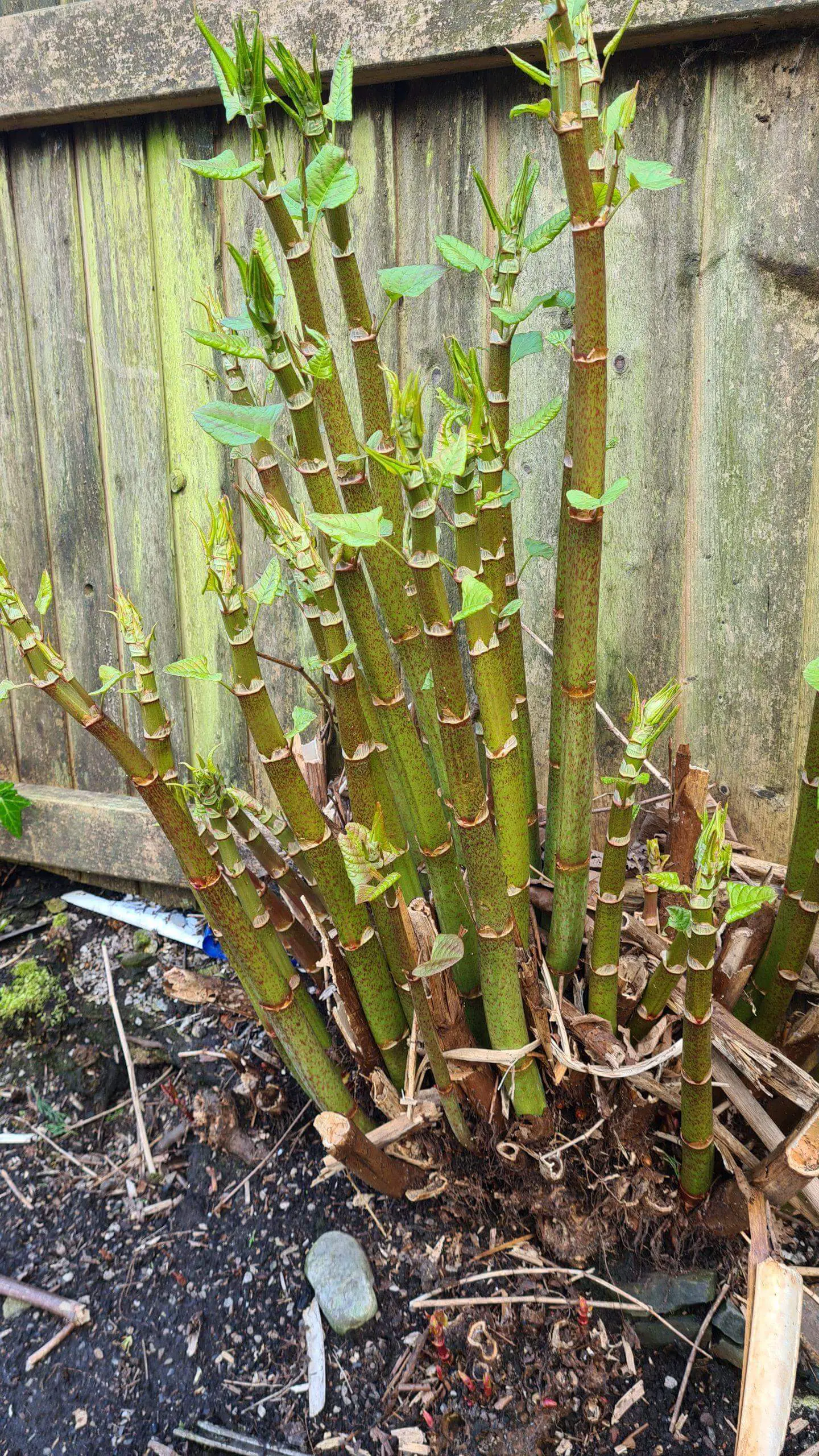
What the buyer should know before buying a property with Japanese knotweed
A third of respondents (32%) would still buy a property with knotweed if they could get a reasonable price reduction. It doesn’t have to be a deal-breaker, but you should know what you’re getting into and make sure it’s represented in the amount you’re paying.
1) Hire an expert to do a Japanese Knotweed Survey and Management Plan.
All of the challenges and costs should be highlighted in a professional Japanese Knotweed Survey and Management Plan report. It will also estimate the chance of the plant causing damage to the building, which may not be immediately apparent due to the plant’s ability to destroy subsurface elements like drains.
It should determine whether or not “encroachment,” or the spread of knotweed from one property to another, is a problem. If that’s the case, your first encounter with your new neighbours may not be as pleasant as you had planned.
2) Recognize the dangers that Japanese knotweed poses.
Make sure you understand the risks that the knotweed poses because as the new owner, you will be responsible for them. If you’re still interested in buying it, you should be able to negotiate a price reduction to reflect the cost of treatment and the “knotweed stigma.”
3) Do not allow the merchant to “resolve” the Japanese knotweed issue.
Don’t fall into the trap of allowing the vendor to “take care” of the knotweed issue. A low-cost eradication attempt with insufficient promises is unlikely to succeed. Insist on the work being done by a company you can trust to perform the job right, or walk away.
To satisfy your mortgage lender, you’ll need an insurance-backed guarantee, so familiarise yourself with their policy and conditions beforehand.
4) Japanese knotweed isn’t going to ruin your transaction.
The presence of Japanese knotweed on a property does not have to be a deal-breaker; with the right techniques, it can be successfully eliminated.
Make sure you fully get what you’re signing up for, but you don’t have to give up your ideal home.
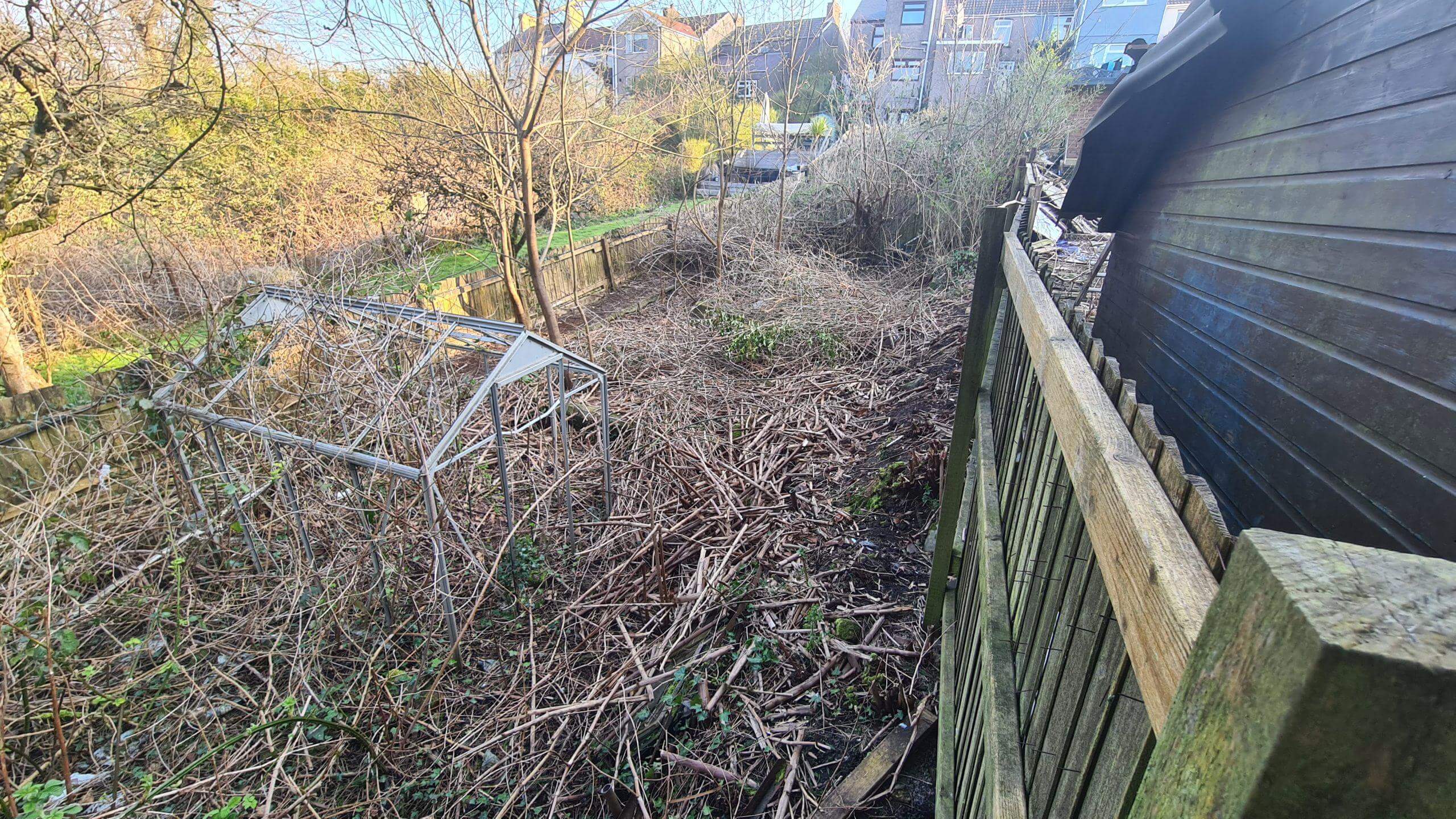
What a seller should know when selling a property with Japanese knotweed
A Japanese knotweed infestation might make it difficult to sell a home. Buyers would much rather purchase a property that is free of knotweed than pay a large amount of money to eradicate this very invasive pest.
This is where you, as the seller, must make the most of the circumstances in order to attract possible purchasers to your house.
1) What should you do if you have Japanese knotweed on your property?
It can be difficult to sell a home that has been plagued with Japanese knotweed. Most buyers would rather buy a house that is free of knotweed than pay a large amount of money to eradicate this very invasive pest.
When completing the Law Society’s TA6 form as part of the usual conveyancing process, sellers are legally required to disclose if their property is or has been damaged by the plant. You must respond truthfully.
If you fail to disclose its presence and it is discovered after the sale, professionals will be able to assess the age of the plant and whether it was present previous to the sale, potentially putting you in court and facing a costly misrepresentation action.
Even if you get the knotweed properly treated before promoting the property, you must still state that it was harmed by the knotweed.
Even after the plant has died, the so-called “Japanese knotweed stigma” might have an impact on the price buyers are willing to pay.
2) What is the proper procedure for eradicating Japanese knotweed and increasing the likelihood of a sale?
It’s advisable to hire a qualified knotweed expert who can remove the knotweed and provide appropriate insurance-backed guarantees that will be acceptable to all lenders. Don’t fall into the trap of do-it-yourself projects.
3) Why is it necessary for the estate agent to be aware of your Japanese knotweed problem?
Be absolutely honest with the estate agent and make sure they notify any potential purchasers as soon as possible so you don’t spend time with deals that fall through later.
According to a recent study, nearly 60% of property buyers are unaware of the presence of Japanese knotweed on a property before making their purchase. Out of those who are aware of the weed, around 25% decide to buy the property anyway. If you plan to sell or buy a property affected by Japanese knotweed, there are several things that need to be considered.
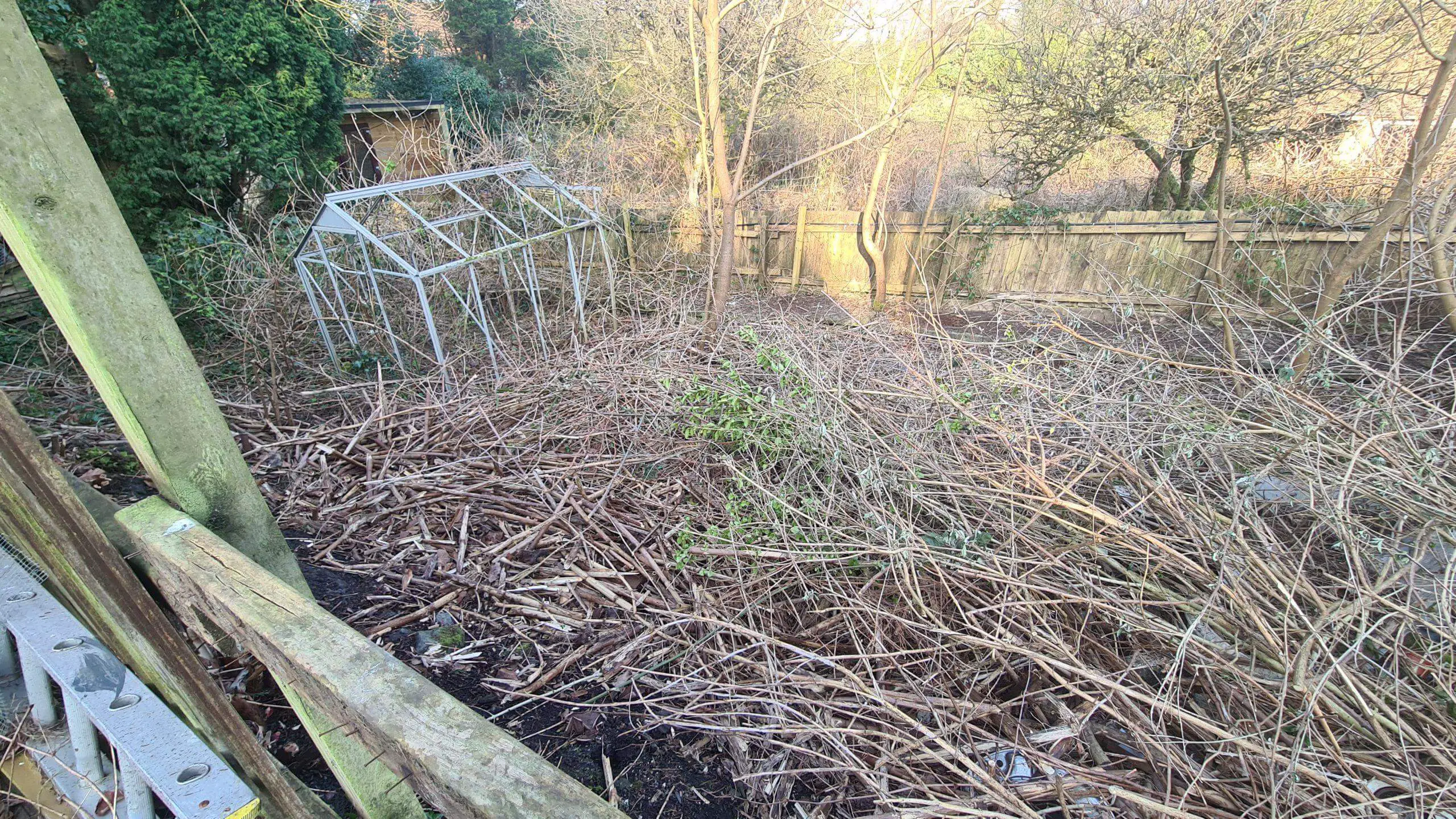
The action you need to take
To start with, you will want to hire a Japanese knotweed removal company and have them assess the extent of the infestation before proceeding with any action. This is because some homeowners tend to ignore the weed if it is not causing any immediate damage, only to find out later that it has spread to other parts of their property. If you do decide to sell your property, be sure to disclose the presence of Japanese knotweed in the disclosure statement.
If you are buying a property affected by Japanese knotweed, be sure to have a qualified professional inspect the property thoroughly. You should also review the property deed to find out whether there is a clause requiring you to treat the Japanese knotweed before closing on the deal.
If you are planning to sell or purchase a property that has been affected by Japanese knotweed, there are several things you will need to consider. One of these is hiring a reputable Japanese knotweed removal company to assess the extent of the infestation and help you determine the best course of action.
Additionally, it is important to keep in mind that many homeowners choose to ignore or underestimate the impact of Japanese knotweed on their property until it has spread throughout other parts of their property. Therefore, it is crucial that you disclose the presence of Japanese knotweed to potential buyers in your disclosure statement.
Want to know more about selling or buying a property affected by Japanese knotweed
Knotweed Removal aims to provide the most up-to-date information, help, and advice for YOU to make informed decisions. If you are unsure or uncertain about how to proceed, please reach out to us and we will gladly come back and advise you as best we can.
Governmental advice can be found here and the UK law covering the removal of Japanese Knotweed as stated under the Wildlife and Countryside Act 1981 can be found here.
The best means to contact us is via our email – hello@knotweedremoval.tips
Do not forget we have a library of blogs covering many areas relevant to Japanese Knotweed, our free downloadable How-to Guides, and Product Reviews on the latest methods being employed to eradicate or remove Japanese Knotweed.
Knotweed Removal, UK

